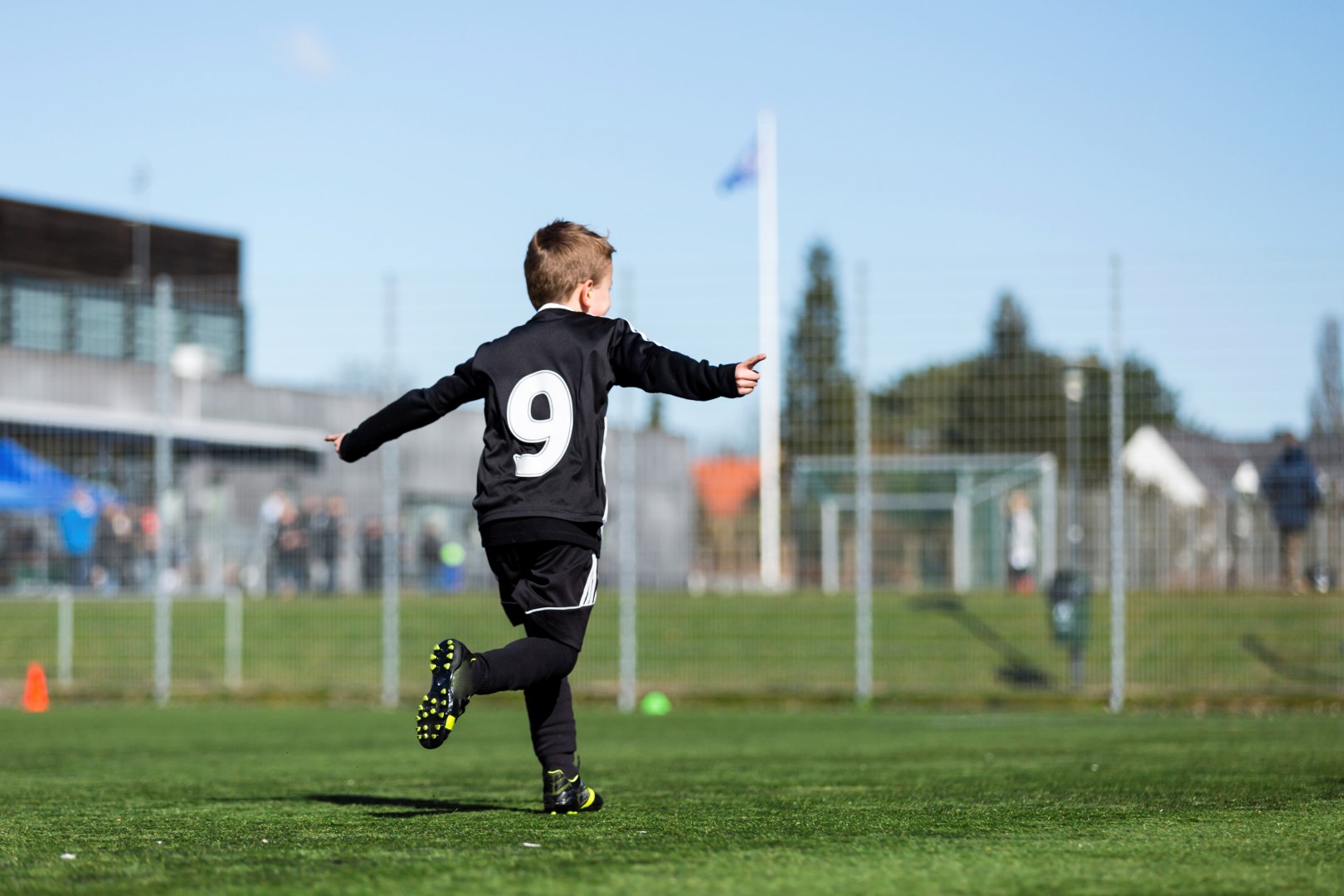With so many sports and development programme on offer these days, it’s hard to know what’s right, and what’s not, for your child. Here are 3 considerations for sporting parents to help make the decision easier.
- Don’t just do something because “all the other kids” are.
Usually, opportunity is a good thing. It’s the starting point for all great sporting journeys. What’s more, participating in a variety of sports growing up will give your child the best chance of enjoying their sporting experience, staying injury free, as well as increasing the likelihood they’ll stay engaged with physical activity for life.
But too much opportunity can be a distraction.
With so many different things on offer, it’s easy for your child to bounce from one thing to the next, to the next. The problem is, if they do, it’s unlikely they’ll spend long enough doing any one thing to truly engage with it.
That’s why, ‘following the crowd’ typically ends up in the wrong kind of motivation to begin with, poor attention once they’re there, limited improvement in the skills that contribute to better performance, and as a result, early dropout.
2. Don’t enrol in a new sport or exercise programme that doesn’t fit your family values.
Base your decisions to start a new sport on what you believe in as a family. Of course, this is reliant on having values in the first place.
What do you believe sport is for? What are the skills and attributes you’re looking for your child to gain from participating in sport? Answering these questions thoughtfully establishes references points for your child’s participation.
Then, when the time comes to choose whether or not your child should start something new, they’ll be in a much better position to decide. Crucially, make sure that the person in charge of the team or programme you’re about to sign up for reflects your family’s values and beliefs. How do you tell? Just ask. Get them to explain what they believe in as youth coach, and as a person working with young people, and how they demonstrating this through their actions.
3. Don’t ignore what your child thinks
Start by having an honest conversation with your child about their thoughts on the new sport or activity. Ask them to explain their reasons for joining up, then respect those reasons, whether you agree with them or not. It’s the process involved in talking about it that’s most important.
But here’s the thing.
When they do choose to start something new, expect a decent level of commitment. Actually, demand it.
Perseverance is an essential skill every young person needs to learn.
Unfortunately, it’s one that excessive opportunity bangs head with. It’s all too easy to throw in the towel and move on, just because it’s not turning out the way you expected. Life’s not always peaches and ice cream, but your child needs to experience this for themselves before truly learning how to deal with it. Often, it takes a while before you see a reward for all your efforts.
In the end, choosing to start a new sport or development programme should be your child’s decision. And certainly not something they’ve been ‘pushed’ into.






































